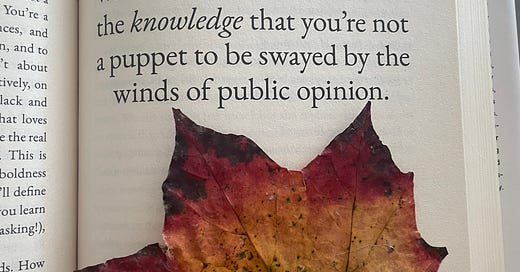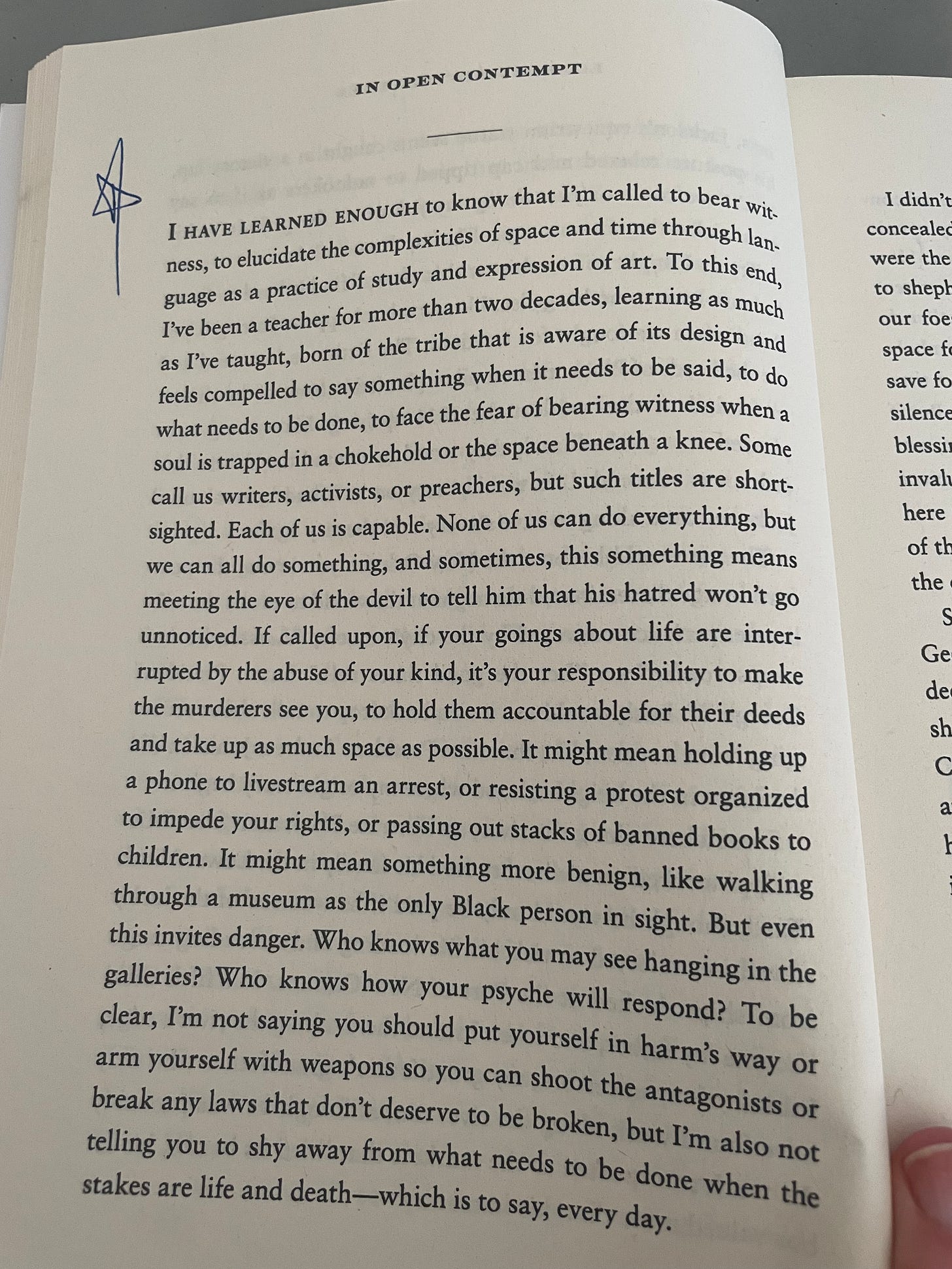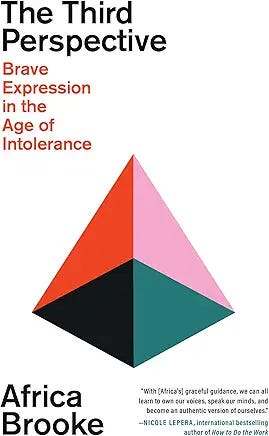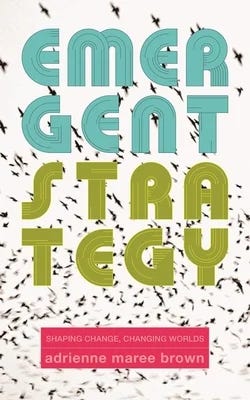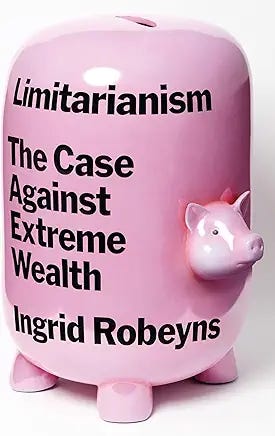Happy new year, friends! If you find something valuable in this essay, please ‘like’ it via the heart, restack it on Notes, or share it via social media. I’m grateful for your subscription, and the community we are forming here.
“…You don’t have the vocabulary to describe your reality because you didn’t read enough. You gotta keep reading beyond the hashtag. There’s a book behind the word. You gotta keep going. You can go at your own pace, but you gotta finish the required reading. Otherwise, we can’t have a conversation.
~Ronnie Chieng, Love to Hate It (Netflix)
Getting through the next few years may require more comedy. In this new year, my partner and I streamed some comedy shows that had us thinking about the ways that stories are told as well as realizing when you’re absolutely the one who has to tell that story. Jamie Foxx’s “What Happened Was,” Michelle Buteau’s “A Buteau-ful Mind,” and Ronnie Chieng’s “Love to Hate It,” each provided some gut-punches of truths that felt like they couldn’t have been delivered any other way than through laughter. We needed those stories and those shifts in perspective.
There’s a clip online of Chieng’s “Love to Hate It” riff on the resistance to reading, (and MAGA’s refusal to understand the historical policies that got US contracts placed overseas.) Watch it. Here’s one of the super smart sentences I loved: “Americans were supposed to upskill en masse, away from the menial manufacturing jobs, but everyone here’s too much of a dumbass to stay school, so we just traded domestic manufacturing to Asia and the rest of the world at the expense of working-class families. But if you don’t read enough… …it comes out as, “Let’s go, Brandon!”
This is one of the most exciting rants I’ve ever heard on Americans’ terrible reading and thinking practices. It’s smart and layered and funny, (and not at all anti-MAGA) and Chieng got me thinking even more about how a reluctance to read might form (have formed) a collective shift toward paranoia and polarized beliefs.
My experience is that stories shape our behavior. The kinds of stories that we expose our minds to shapes who we are, and who we are becoming. I’m a lifelong reader. I used to pay attention to what I read each year. I tried to read as much as my writer friends and was sometimes covetous of year-end writing lists like those of my mentor and friend, Priscilla Long, who has made her own studies of artistic discipline, about who fulfills lifelong commitment to their work, and why.1 My dilemma is that during COVID I had a life-threatening illness, and ever since, it’s been a struggle to commit to the kind of reading habits that I used to enact effortlessly.
It’s really true that if you want to be a decent writer, you have to read. And, as Chieng suggests, perhaps we need to read to be better citizens. This past year, I vowed to become a better reader. I’m trying to continue these practices into the new year.
After 2024’s move to Portland, Oregon, and with visits to one of my favorite book stores in the USA, attendance at author readings, and the opening of the new Literary Arts Center here, I’ve been more often setting down my phone and leaving work in the late afternoons to read. Like many of you, I have to work with the temptations that lead me away from my reading. I don’t watch news (I listen to a few trusted journalists via podcasts.) I prefer print books, which allow me to stay off screens. This new year, I set my iPhone to a red tint, which makes reading healthier for my eyes when I need to see a screen. Last year, I pulled most social apps from my iPhone, because I finally admitted to myself that more than fifteen minutes of scrolling a day doesn’t lead me to good thinking. Lastly, because I really do love to read, I ask my family to give me books for Yule, and they generously keep me in stacks of books which last through the year.
As promised last week when I wrote about 10 prompts to craft a vision for these times, here’s ten books that I read or re-read in 2024, each of which helped me to think in fresh ways, and then move toward creating a vision for the kind of life I’d like to lead.
Ten Books
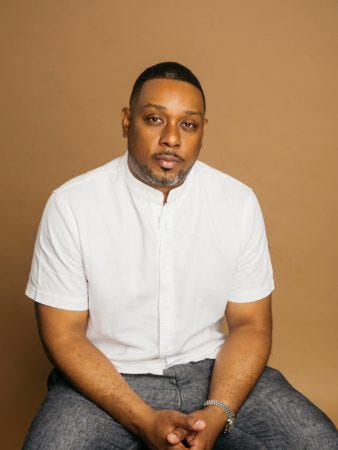
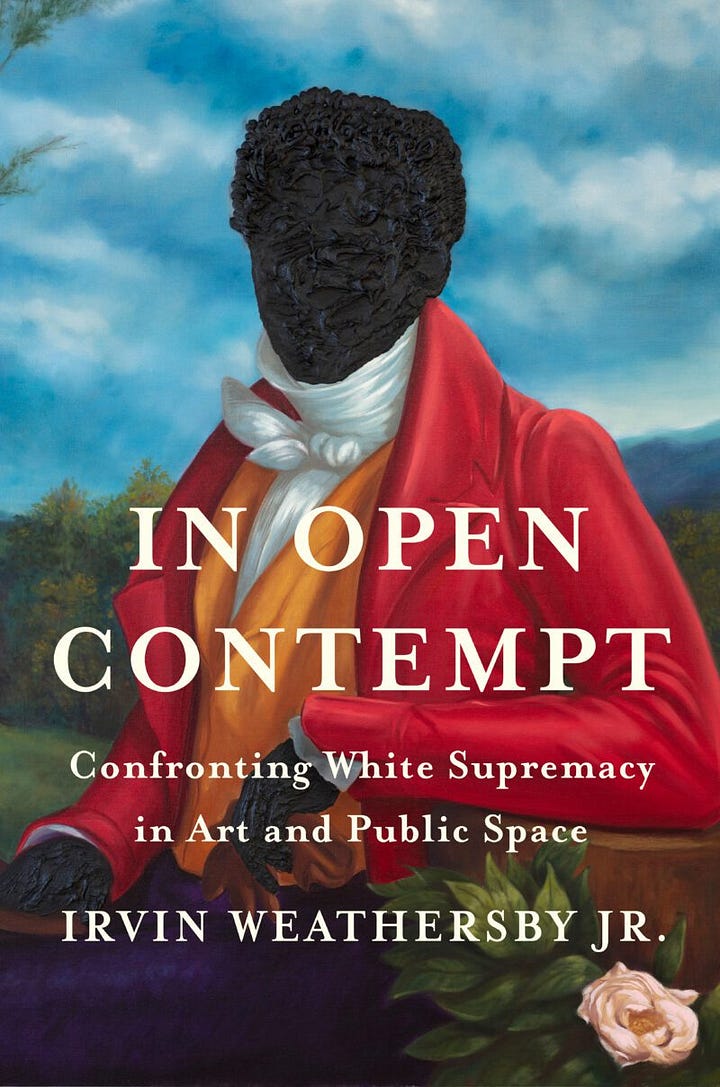
1. My favorite nonfiction book of 2024 was Irvin Weathersby Jr.’s In Open Contempt: Confronting White Supremacy in Art & Public Space. Luckily, this autumn the Rumpus assigned me to interview Weathersby, so I had a chance to read the book before its January 7th release date. Read the entire interview here.
This book made my list because it’s “a close examination of the inescapable specter of white supremacy in our open spaces, monuments, and markers of history. It confronts and contemplates what it means to bear witness to sites of lasting racial trauma. Beautiful in its language and masterful in scope, Weathersby asks questions about “the truths we are taught because we can’t look away.” Scenes from the author’s life make this book read like a memoir, and Weathersby’s wise voice, as an art and cultural critic, interrogates works and histories that contain racial violence and oppression.”
Essentially, In Open Contempt makes me look more rigorously at art and public spaces. From the book:
2. One of the thinkers who has most changed me in 2024 is Africa Brooke. I was introduced to her work via Holly Whittaker, who I hired to help coach me through a spell of values confusion about my public roles. Brooke’s podcast, Beyond The Self, speaks to self-sabotage and self-censorship, and her book, The Third Perspective: Brave Expression in the Age of Intolerance, expands on these concerns using six core challenges. You’ll walk through issues related to limiting beliefs and behaviors, comfort zones, public speaking, comparison and self-worth, self-talk and fear of exploration. Brooke helps tell the story of what embracing discomfort can bring and moves readers out of reflexive reactivity and superficial agreement, and toward courage and authenticity. This book gives me the practical details to move toward my goal for the year, to be exactly who I am. (Tougher than you might think.) From the book:
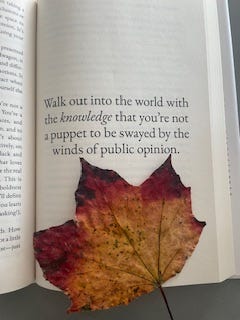
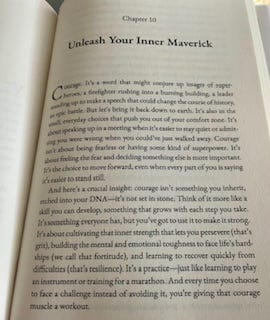
3. I bought adrienne maree brown’s Emergent Strategy:Shaping Change, Changing Worlds in the new year of 2019, along with her Pleasure Activism, and devoured both. But I really needed these works following 2024’s American election season. With spells, practices, poetry, science fiction and the alignment of forest and ancestor wisdom, this work is comprehensive and inspiring. Nurtured in the works of author Octavia Butler, brown’s thesis is that “The world is in a continual state of flux. It is a stream of ever-mutating, emergent patterns. Rather than steel ourselves against such change, this book invites us to feel, map, assess, and learn from the swirling patterns around us in order to better understand and influence them as they happen.” From the book:
on why we need / are already developing new organizing models and strategies
“We have lived through a good half century of individualistic linear organizing (led by charismatic individuals or budget-building institutions), which intends to reform or revolutionize society, but falls back into modeling the oppressive tendencies against which we claim to be pushing. Some of those tendencies are seeking to assert one right way or one right strategy. Many align with the capitalistic belief that constant growth and critical mass is the only way to create change, even if they don’t use that language.
There are new strategies emerging or being remembered—many would describe this as a shift from a masculine to feminine (or patriarchal to feminist) leadership. I see that, and I think it is also about something beyond all of our binaries—evolving in relationship with our hierarchical tendency.”
4. Limitarianism: The Case Against Extreme Wealth, by Ingrid Robeyns.
Jia Tolentino writing for the New Yorker says, “This book has an argument in it that might technically be considered provocative or radical, but to me it seems extremely common sense. It’s that there should be a limit to the amount of resources that a person is politically allowed to hoard for himself. Again, this is often framed as this radical idea but it’s one that nearly every single person in this country agrees with.”
Robeyns asks the best questions about wealth. How much money is too much? Is it ethical, and democratic, for an individual to amass a limitless amount of wealth, and then spend it however they choose? Many of us feel that the answer to that is no—but what can we do about it? “Limitarianism” is about the need to limit extreme wealth, an idea gaining momentum in the mainstream – with calls to “tax the rich” and slogans like “every billionaire is a policy failure.” Robeyns helps us understand how to practice it personally and collectively.
Here’s a nice interview with this brilliant economist-philosopher.
Keep reading with a 7-day free trial
Subscribe to Wanderland to keep reading this post and get 7 days of free access to the full post archives.

